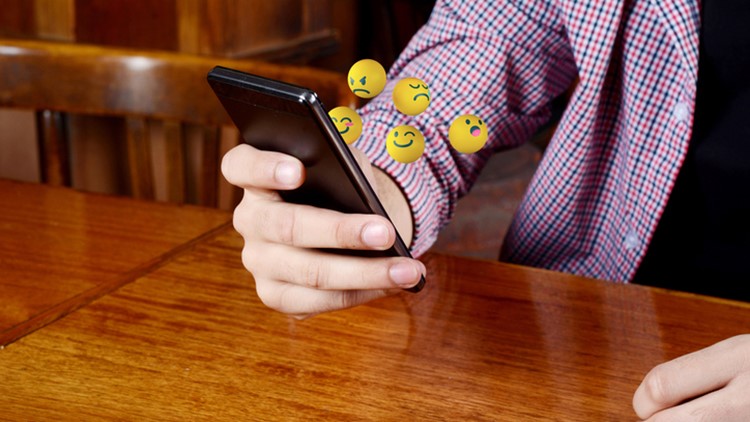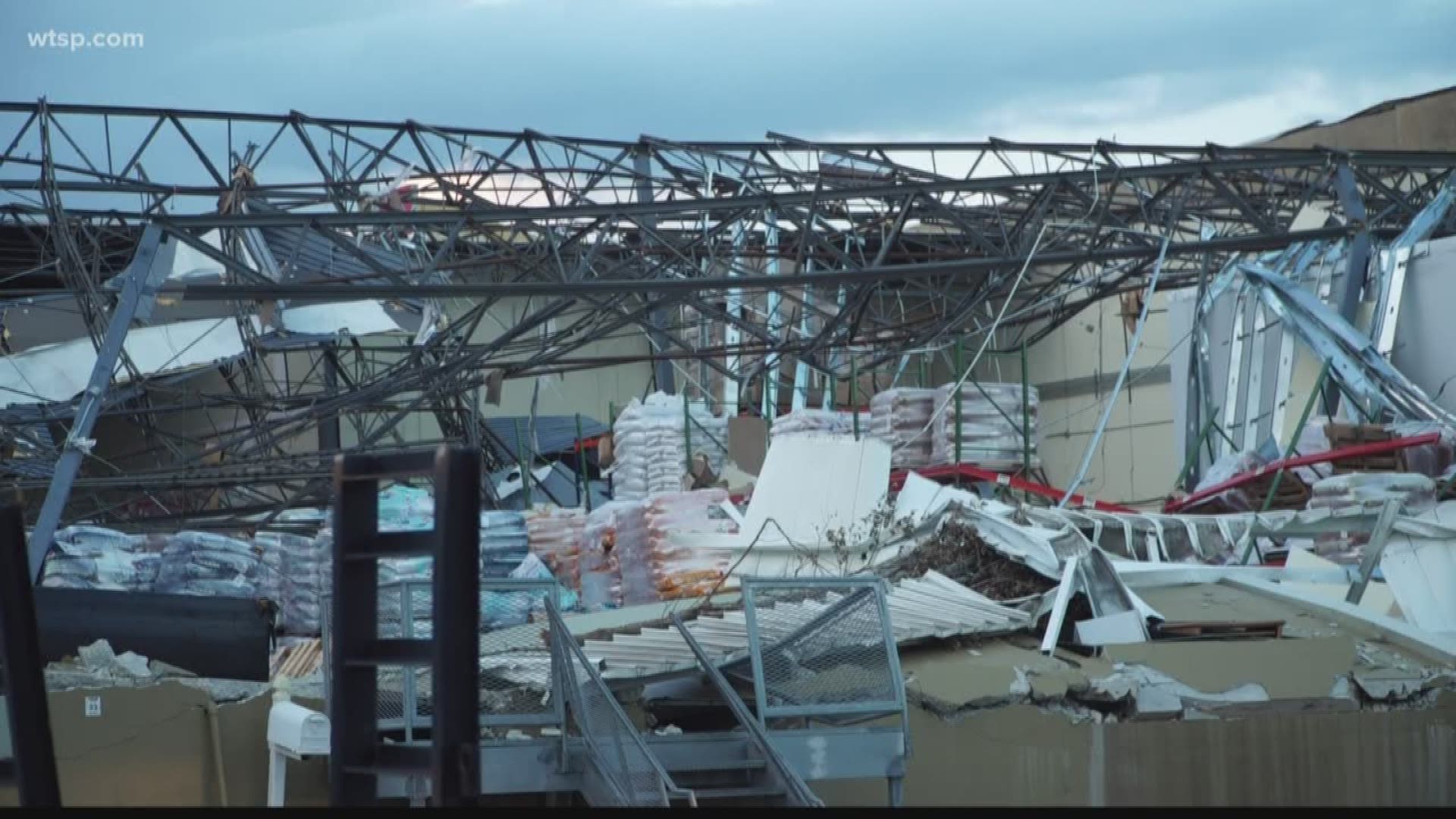With Hurricane season just a few days away, now is the time to make a plan. Especially figuring out how to contact your loved ones during a power outage.
Here are the best methods of communication during a storm, according to experts.
Traditional telephone service vs Broadband-enabled telephone service: This may not be the most popular option, but having a landline telephone can be a lifesaver when access to a cellphone or other electronic devices is limited or non-existent.
You'll want a corded phone because cordless home phones rely on electric power. If the power goes out, there is no way to charge it.
If you use a Broadband-enabled telephone service such as voice over internet protocol (VoIP), it won't work during an electric outage without a battery or other backup power source.
Make sure to test your battery often. Understand how long it should last, learn how to replace it, and consider having a spare that you can charge before a storm. If you do not have a battery or other backup power source, ask your provider where you can purchase one.
Charging digital devices before a storm: Keep your mobile devices, laptops or tablets charged.
Have a car charger or back up battery packs handy. If you have multiple devices, consider having a multi-port back up to charge them all at the same time. Try not to wait last minute to purchase these items as they tend to go fast.
Remember, many first responders and government officials use social media to keep you alert. Of course, the 10 news app will also send important information to your phone.
Be prepared for high call volume: During an emergency, many people are trying to use their phones at the same time. The increased calling volume may create network congestion, leading to “fast busy” signals on your wireless phone or a slow dial tone on your landline phone. If this happens, hang up, wait several seconds, and then try the call again. This allows your original call data to clear the network before you try again.
Texting instead of calling: It requires fewer network resources, text messages may go through more quickly than voice calls.
Have a family communications plan: Choose someone out of the area as a central contact, in case your family is separated. Most importantly, practice your emergency plan in advance.
HAM Radio: When things have gotten bad, experts suggest using a ham radio.
A five-watt handset can achieve 10+ miles of range on flat ground using a repeater and can also reach halfway across the country. You’ll want to tell your family in advance what frequencies you can be reached on, and what times you will be listening.
Satellite phone (Satphones): These are on the pricier side, but experts say they can be beneficial in places where internet access is scarce.
►Make it easy to keep up-to-date with more stories like this. Download the 10 News app now.
Have a news tip? Email tips@wtsp.com, visit our Facebook page or Twitter feed.



